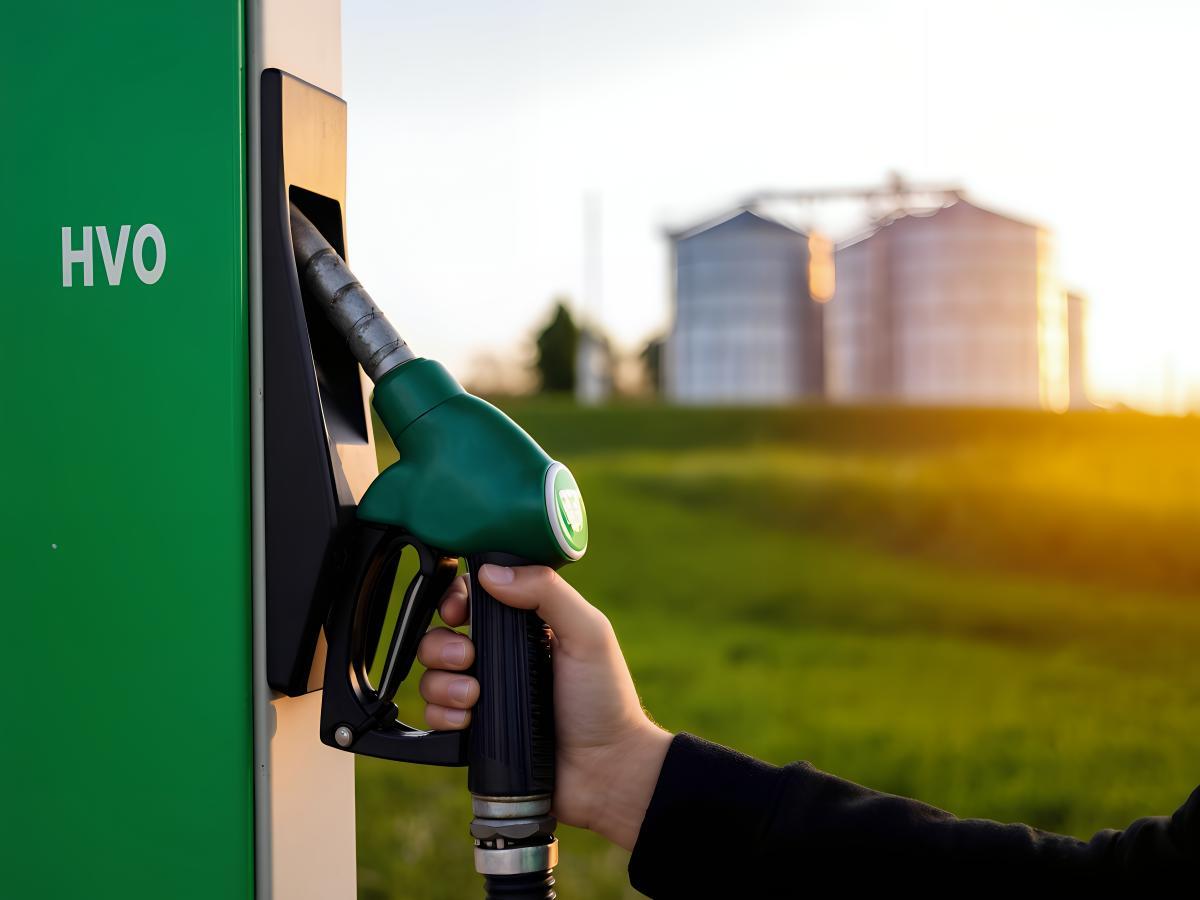HVO: Why It Matters for Decarbonising Transport

At Codognotto, sustainability isn’t just a goal – it’s a responsibility we embrace as leaders in the logistics sector. One of the key initiatives in our journey is the adoption of Hydrotreated Vegetable Oil (HVO), a groundbreaking alternative to diesel that is transforming the way we operate our fleet.
What Is HVO?
HVO is an advanced biofuel derived from waste oils and fats, such as used cooking oil. Available in various blends, such as HVO20, or in its purest form, HVO100, this innovative fuel provides a seamless transition for diesel engines while delivering significant environmental and performance benefits.
Why Choose HVO?
By converting our fleet to HVO100, we are not only reducing our carbon footprint but also setting new standards for operational efficiency:
-
Up to 90% Reduction in CO2eq Emissions: HVO dramatically reduces greenhouse gas emissions compared to traditional diesel, aligning with our mission to support clients in decarbonising their supply chains.
-
Outstanding Cold Weather Performance: HVO offers superior performance in low temperatures, ensuring reliability in all climates.
-
Cleaner Combustion: Its high cetane number ensures efficient combustion, reducing engine noise and particulate emissions.
-
Free of Harmful Compounds: Unlike traditional diesel, HVO contains no harmful aromatic or polycyclic compounds, making it cleaner for both engines and the environment.
Which Trucks Can Use HVO?
All next-generation vehicles are compatible with 100% HVO. Codognotto’s fleet, purchased entirely after 2020, is fully equipped to run on HVO100.
By integrating HVO100 into our operations, we not only reduce emissions but also support the circular economy by reusing waste materials. This shift highlights our role as a reliable partner for businesses aiming to achieve their sustainability goals. Through the adoption of HVO and other clean technologies, Codognotto is leading the way towards a greener future for the logistics sector.